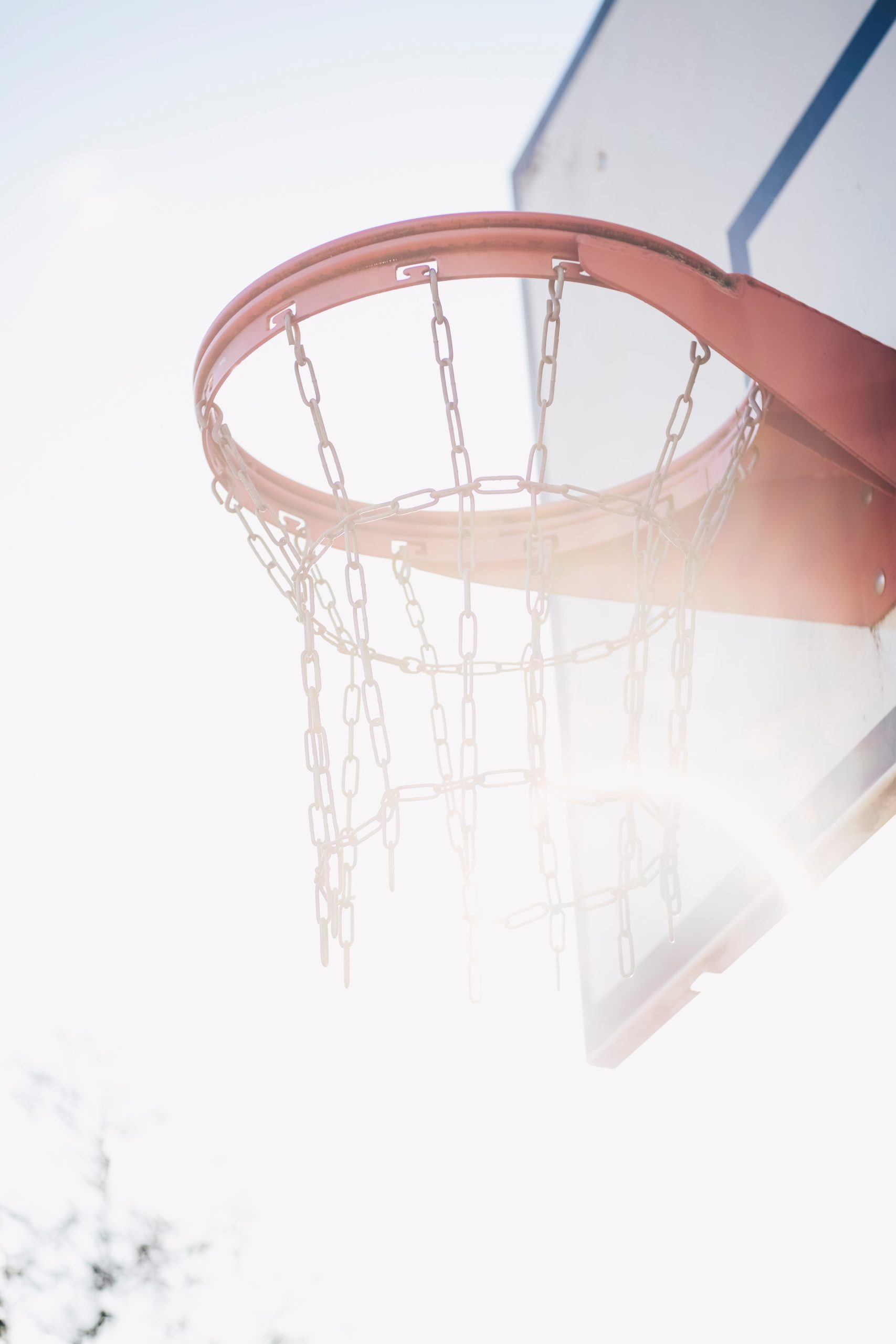How our experiences in competition can serve us well in managing difficult situations in life after.
In the competitive world, we experience the positive and negative sides of stress in the form of pressure situations in a contest. On the up side, pressure elevates our performance. We step up when the outcome of a situation matters to us. On the flip side of a pressure-filled moment, stress can also cause us to lock up and our level of performance to plummet. No self-respecting athlete wants to hear the term ‘choke’ applied to them, but we all know what it means. These are the two ends of a spectrum that we apply to the role of stress both in competition and in our daily lives.
So it is in life after sports. Stress can fuel us to rise above a challenging situation, and it can also constrict us to a point where we are nearly immobilized. The psychological terms generally applied to the two different types of stress are ‘Eustress’ which refers to the events that motivate us and lift our level of performance, and ‘Distress’ which is the kind that shuts us down. Eustress drives us, and distress locks us up.
This distinction is important not so much as a means of classifying different events, but more in understanding how we handle them. It’s not hard to think of stressful experiences from competition or in life in general – but the ways in which each of us encounter that stressor and react to it can vary greatly. If something negative happens, we do have some measure of control over the way in which we respond to it.
Competitive sports teaches us to seek out moments that matter. We compete to experience them. Championship moments, competitive endings to contests, and adversity in all types are a part of our environment. Successful competitors learn well how to respond to moments of pressure or stress. It’s part of the point – to be in that moment, and to rise above it to be successful. If we aren’t successful, the experience becomes a fuel we use to get back to another moment like it later on.
In making a successful transition to life after sports, it becomes important for us to translate this mindset to the greater world around us. Stress becomes the challenge, and our goal to overcome it. Granted, the outcomes aren’t always as dramatic as a championship win or a medal winning performance, but the ability to draw a line between motivating stress and anxiety is imperative to a healthy life. We do have the ability to choose the manner in which we encounter stress, and the way we react to it. This is not automatic, nor is it easy to do. Channeling stressful moments into a positive outcome requires self awareness and discipline. Thankfully, these are both things that we develop in the world of competition as well.
Like most things in life, approaching the process with intention and purpose is the way to start. We need to look for the things that cause us stress and anxiety, and we need to be purposeful in reframing those experiences into motivation. It is not easy, but then there is so little in life that is.
One of my favorite axioms in sports has always been: “Tough things are going to happen in life. When they do, we can either lug them around as baggage or burn them as fuel. The good news is that we get to choose which we do.” This is one of the gifts that we receive from our competitive experiences. We learn how to do this. It’s just important that we not forget that lesson once sports are done.
